The Town of West Hartford was scheduled to pay the next installment for the 58-acre UConn West Hartford campus this week, but has received an extension after a higher-than-expected level of PCBs were discovered during due diligence.
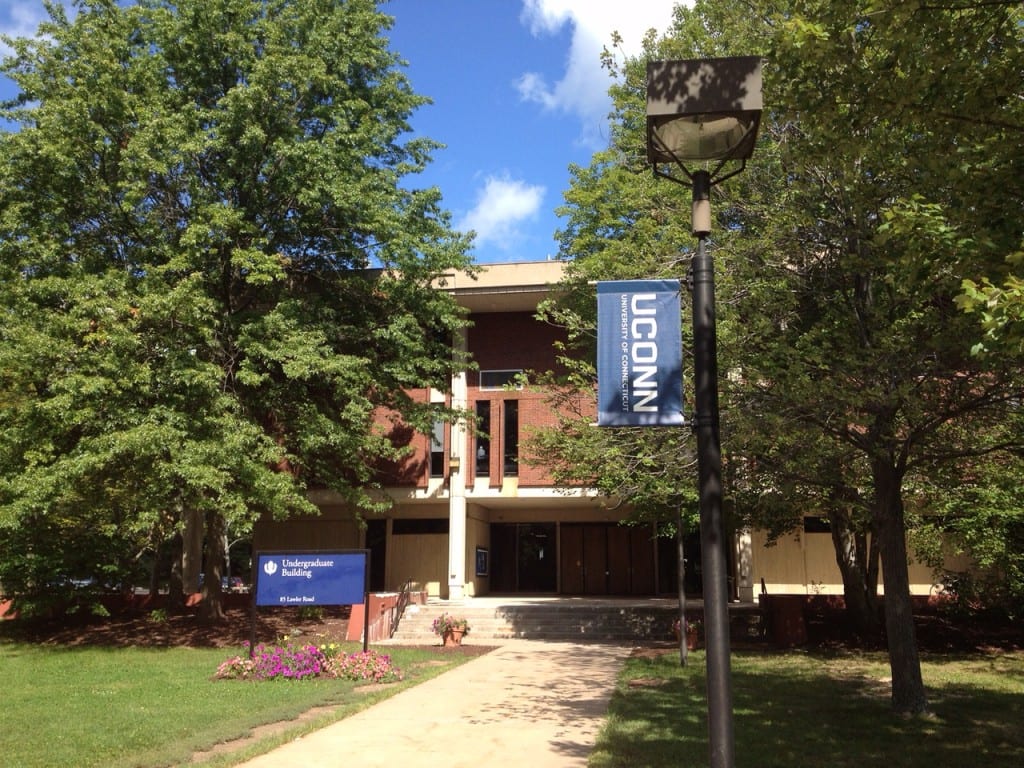
The Town of West Hartford has been given a 60-day extension of the due diligence process after a higher-than-expected level of PCBs were discovered. Photo credit: Ronni Newton (we-ha.com file photo)
By Ronni Newton
The town’s 90-day due diligence period for inspection of the buildings on the UConn West Hartford campus was scheduled to end on Wednesday, but a 60-day extension has been granted to allow for further review after an inspection by the town’s contracted consultant revealed the presence of a PCBs at a greater level than anticipated.
“All buildings constructed from the 1950s to the 1970s probably have some PCBs in the caulking in the windows,” Town Manager Ron Van Winkle said. The town hired consulting firm Milone & MacBroom to provide initial environmental inspections as well as wetlands mapping, and once the Purchase and Sale agreement for the property was executed in July, the firm began internal inspections of the campus buildings, looking for PCBs as well as lead and asbestos.
West Hartford now has until Dec. 14 to complete the due diligence phase, Van Winkle said. If after that date the town decides to continue with plans to purchase, it will then have to pay the next installment of $750,000. A deposit of $250,000 was made when the Purchase & Sale agreement was executed and the remaining $4 million will be due at the closing date of Oct. 2, 2017, or later if UConn delays its plans to vacate the campus and move to its new Hartford location.
PCBs – polychlorinated biphenyls – are manmade compounds that were used in many pieces of electrical apparatus in the middle of the 20th century, and are also commonly found in caulking and other insulators as well as in paint. The use of PCBs was banned in 1979, and disposal of the material is regulated by the EPA.
Van Winkle said that the town was informed by Milone & MacBroom in August that PCBs were present not only in the caulking, but also had bled into the masonry and the ground of one particular building. “Once it gets into the soil, it could bleed further and get into the groundwater,” Van Winkle said.
As required by law, the town notified UConn that the PCBs had been discovered, and the university hired its own firm, Fuss & O’Neill, to review the town’s findings and do its own testing.
“Not unexpectedly due to the age of the buildings, those investigations confirm the presence of PCBs in some areas, but the PCBs identified do not present a health risk to students, faculty and staff, or the public,” UConn spokesperson Stephanie Reitz said in an email. “There are well-established procedures for managing such materials in place, and UConn will follow those procedures,” she said.
According to Van Winkle, once PCBs have been disturbed they must be remediated and disposed of properly in a secured landfill. He said that UConn employed a contractor to work on the area on Sunday – work which included the removal of a 2-foot by 5-foot area of soil outside of the building.
Van Winkle said that he was informed by UConn that the levels of PCBs are now below 15 parts per million (ppm) which the university considers an acceptable level.
Reitz said that West Hartford’s consultant found PCBs in exterior window caulk only on one building. She said she expects the report from Fuss & O’Neill to recommend repairs to that area and “recommend a program of monitoring and limiting access to and disturbance of caulk. UConn will implement the program recommended by its consultant,” she said.
UConn is also having additional testing of the soil done and plans to implement the consultant’s recommendations for handling that material, she said.
Reitz also said that West Hartford’s consultant identified PCBs in an approximately 35 square foot area of basement area, above a dropped ceiling. The space “is not an area accessed by students or the public. UConn maintenance employees will receive training on dealing with this area,” Reitz said.
According to Reitz, UConn expects to have more information later this week or early next week, and expects its consultant’s final report in about two weeks.
The town has some concern that there may be other areas of the property with higher-than-expected levels of PCBs, and the potential cost of the clean-up. Like asbestos, PCBs are not inherently dangerous when they are left in place, but Van Winkle said that one possible eventual use for the property is as a park, which would mean demolishing all of the buildings and the need to remediate all of the hazardous materials.
“If we owned the property, we would get that down to a level of 1 ppm or less,” Van Winkle said.
This finding does not change the town’s plans to conduct meetings with residents to gather input about desired uses for the property. Those meetings will be held after the holidays, in early 2017, Van Winkle said.
“We’re still doing analysis and will have tons of data on options to present,” Van Winkle said. That information would not have been available any sooner, he said.
Like what you see here? Click here to subscribe to We-Ha’s newsletter so you’ll always be in the know about what’s happening in West Hartford!

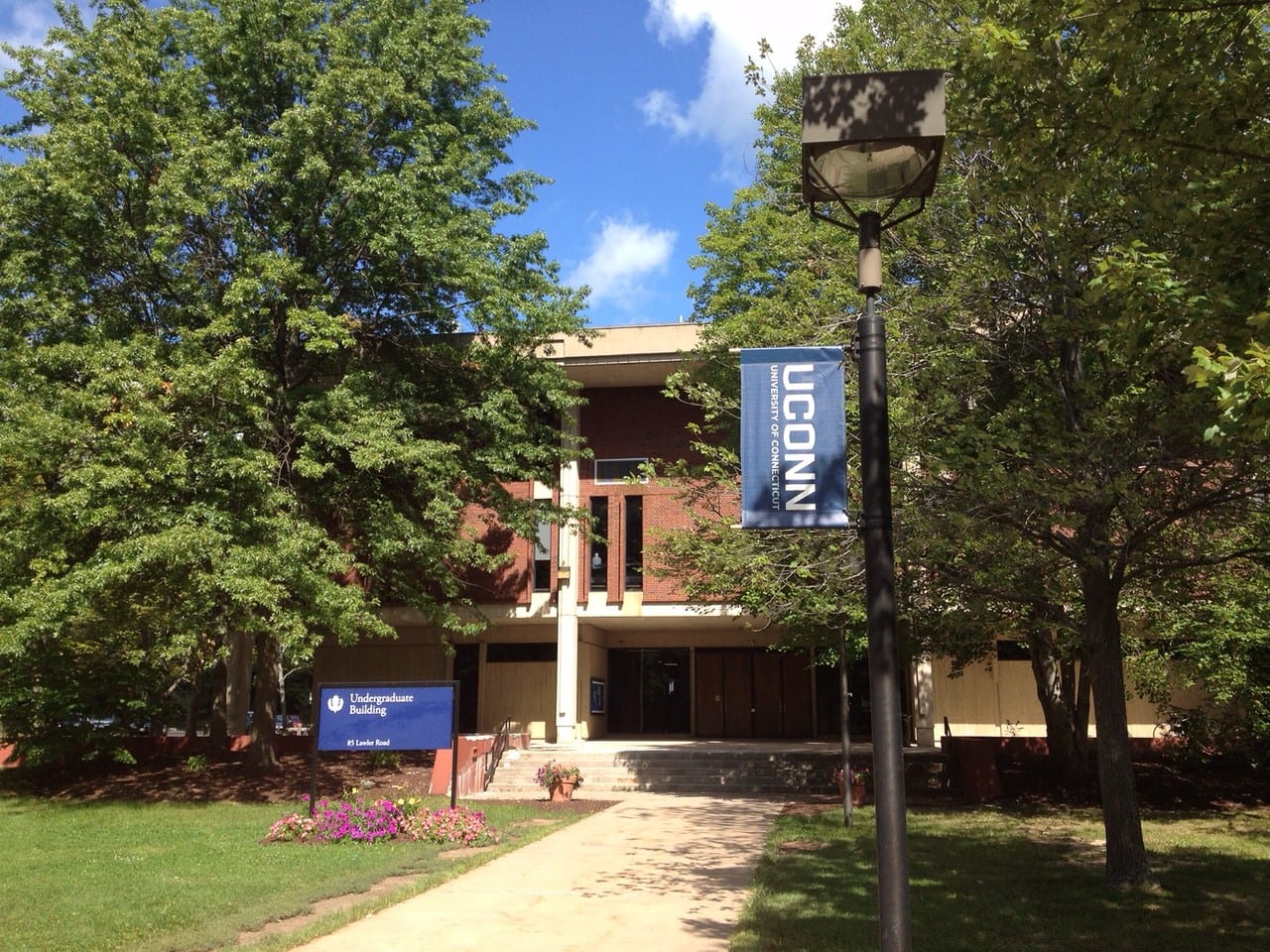

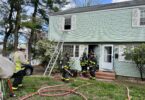
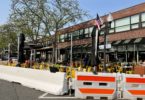
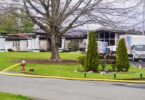
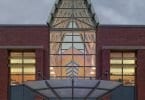


[…] executed, in July 2016, a non-refundable $250,000 deposit was made and the town entered what was a 90-day due diligence process. Since then, there have been seven extensions of the due diligence period due to allow for […]